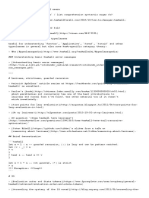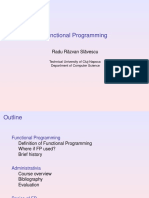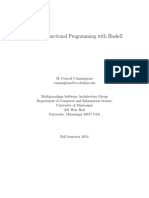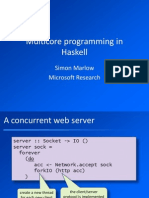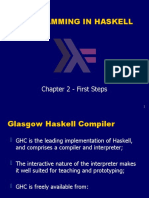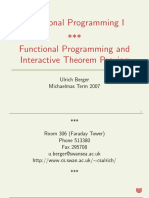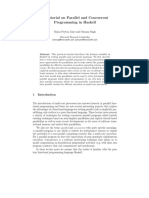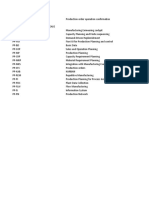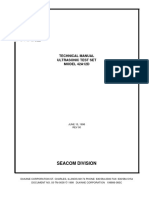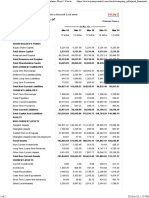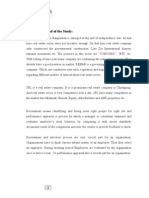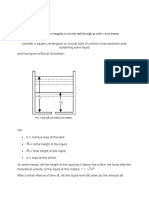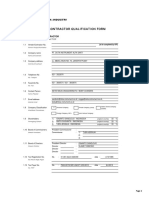0% found this document useful (0 votes)
13 views12 pagesIntro
The document outlines a course on Parallel Functional Programming taught by Prof. Stephen A. Edwards at Columbia University, focusing on Haskell programming. It details prerequisites, grading structure, collaboration policies, and recommended texts for the course. The course is divided into two halves: sequential Haskell in the first half and parallel programming in the second half.
Uploaded by
gogimo1970Copyright
© © All Rights Reserved
We take content rights seriously. If you suspect this is your content, claim it here.
Available Formats
Download as PDF, TXT or read online on Scribd
0% found this document useful (0 votes)
13 views12 pagesIntro
The document outlines a course on Parallel Functional Programming taught by Prof. Stephen A. Edwards at Columbia University, focusing on Haskell programming. It details prerequisites, grading structure, collaboration policies, and recommended texts for the course. The course is divided into two halves: sequential Haskell in the first half and parallel programming in the second half.
Uploaded by
gogimo1970Copyright
© © All Rights Reserved
We take content rights seriously. If you suspect this is your content, claim it here.
Available Formats
Download as PDF, TXT or read online on Scribd
/ 12


